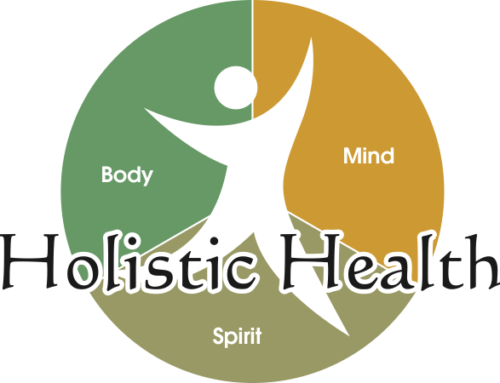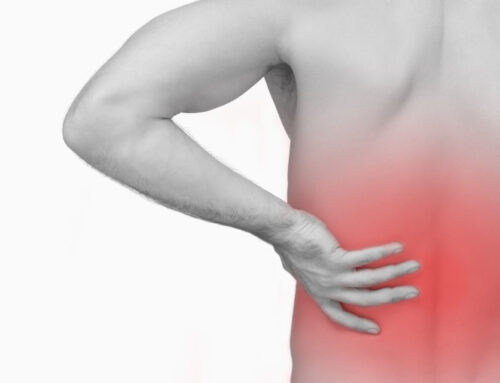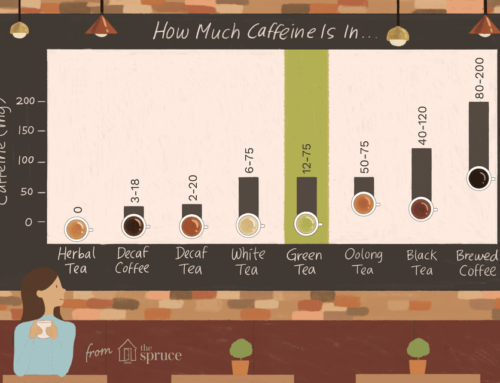A low protein diet may decrease death associated with cancer and diabetes in middle-aged Americans
The Omaha World Herald published an article on March 5th 2014 titled, “Age Matters with high-protein diets, new research indicates.” The Omaha World Herald referenced information from an article in the The Los Angeles Times which was looking at a recent study published in the research journal, Cell Metabolism. The article in the World Herald reported that middle-aged Americans who consumed a high protein diet were more likely to die of cancer and diabetes as compared to middle-aged Americans who consumed a low protein diet. As we age though, protein appears to have a protective effect. Americans aged 66 and older who consumed a diet high in protein were less likely to die of cancer. Authors of the article in Cell Metabolism reported that as we age protein appears to have a role in reducing loss of muscle and body weight.
A closer look at the original article
Before I began telling my patients that they should reduce protein intake I wanted to read the original article in Cell Metabolism and make sure that it was a valid study. The article concluded that in middle age a low protein diet is likely associated with lower risk of cancer and possibly diabetes. The authors suggested that protein intake from plant sources such a beans, nuts and legumes may have protective benefits as compared to protein from animal sources. After the age of 65 authors suggested people avoid a low protein diet as protein appears to help maintain muscle mass as we age.
Although the article is from a reputable source there are some significant limitations of the study. The authors categorized people into a low, moderate or high protein diets base on what they ate for one day and then followed the subjects for 18 years. I have difficult time believing that you can get an accurate portrayal of someone’s diet solely base on one day. I became a pescatarian (the only meat I eat is fish) 3 years ago. If you would categorize my diet based on a snapshot of what I ate 3 years ago it would not be an accurate portrayal of my current diet. My other issue with the study is that the authors did not look at quality of protein. Where the people in the high protein category getting their protein from good sources or protein such lean meat or where they eating processed high fat protein?
Conclusions
What I learned from all of this is that you can’t always trust what you read, even if it seems to be from a trustworthy source such as a newspaper. The article in the paper made no mention of the limitations of the study which would allow a reader to know that the findings should be taken with a grain of salt. I believe that the article does make some good points such as protein intake from plant sources seems to decrease risk for cancer and potentially diabetes as compared to protein from animal sources. There does appear to be a link between high protein diet and risk of death associated with cancer and diabetes in middle-age. I would be interested in looking at further research that looks at whether it is protein itself that increased risk factors or whether issues such as quality of protein has an effect.







